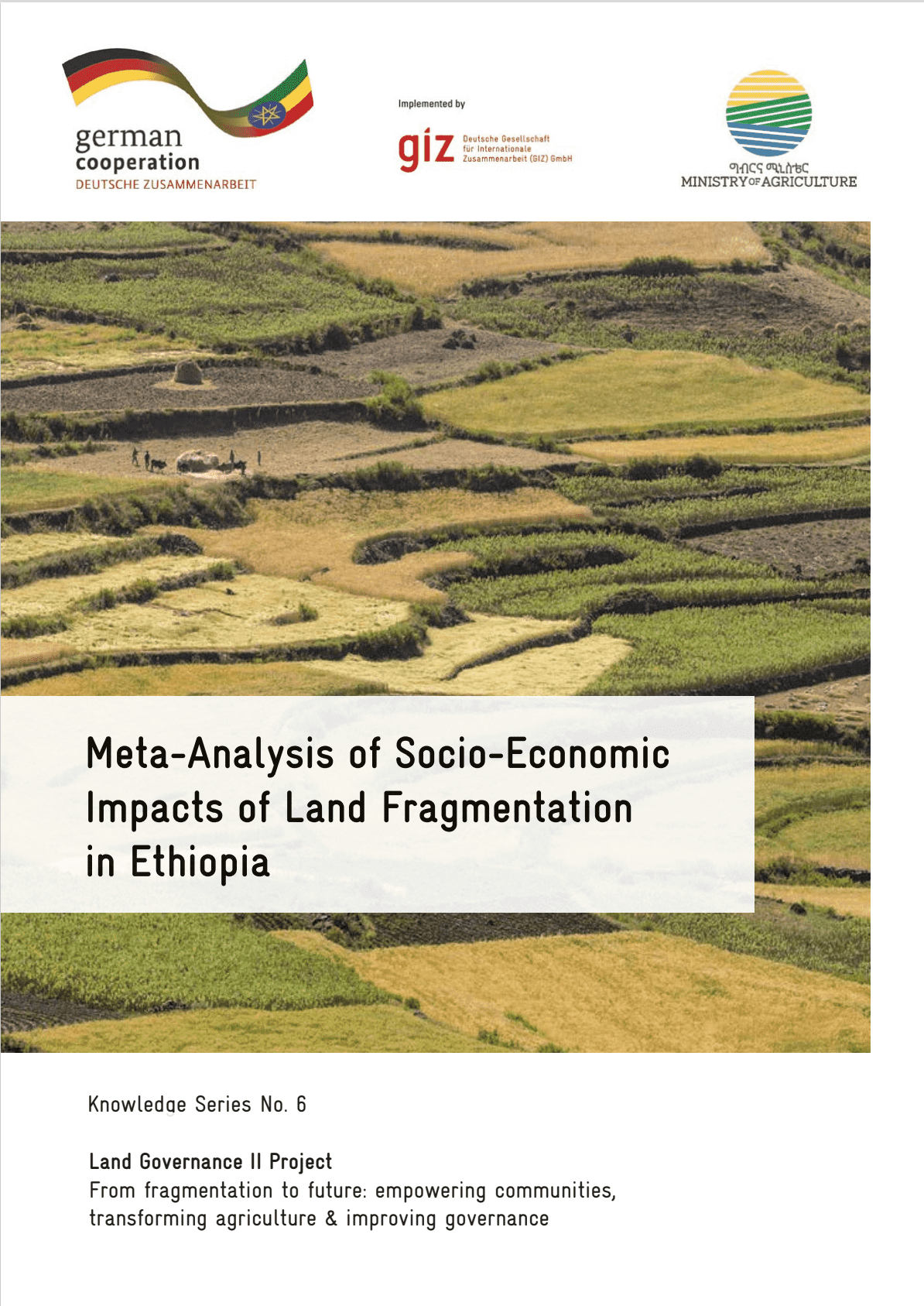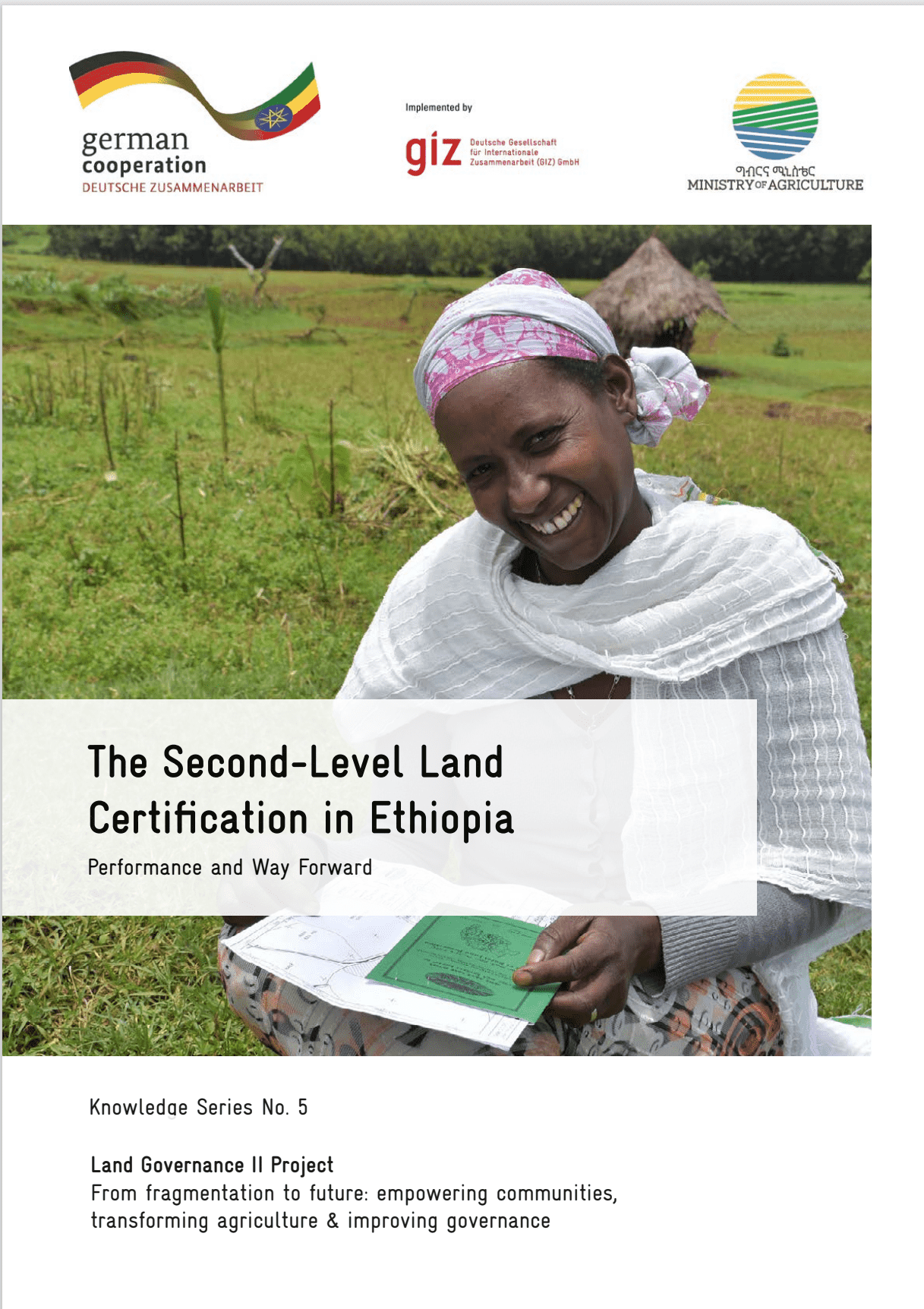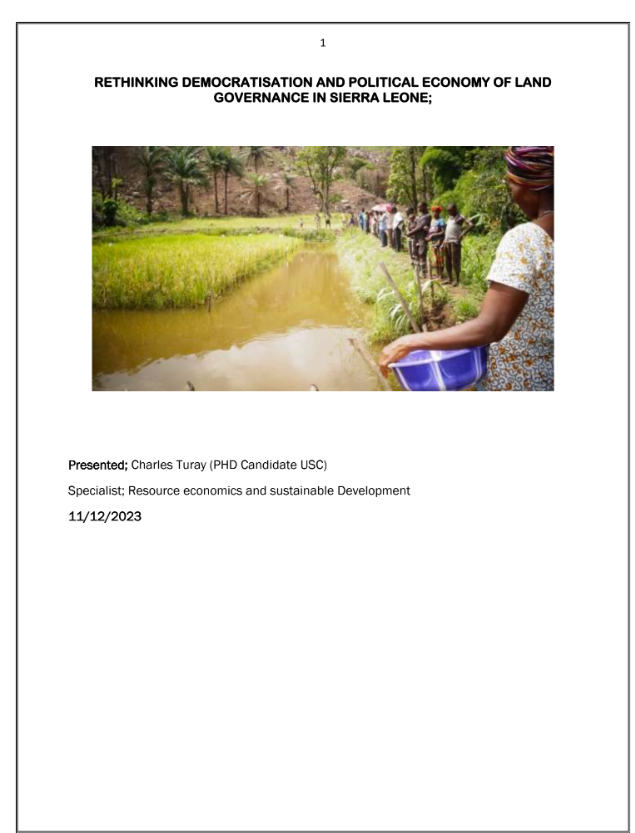Technology for Land Governance: Ensuring that Women Benefit from the Revolution
Innovative technologies for land governance can promote clear land tenure and effective land administration, reduce corruption, and support economic growth. Mobile technologies offer real-time access to information and open communication between people and government services. These technologies are revolutionizing land governance around the world; however, without additional steps to ensure that women and men equitably benefit from the technology revolution, the application of these technologies may amplify the preexisting inequalities that women face.





